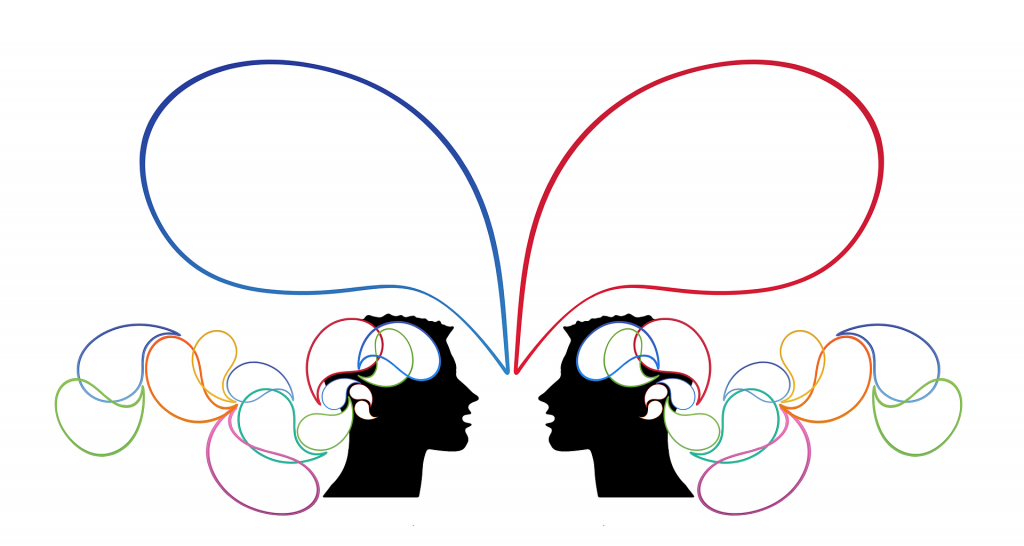3 ways to label and deal with emotions according to Susan David. Dealing effectively with emotions is a key leadership skill. Labeling our emotions is an important first step in dealing with them. This is harder than it sounds; many of us struggle to identify exactly what we feel, and often the most obvious label isn’t actually the most accurate one.
We have been trained to believe that strong emotions should be suppressed. Our society has certain, sometimes unspoken rules against expressing emotions and most of us have never learned a language to accurately describe our emotions.
Susan David, an award-winning Psychologist at Harvard Medical School, describes stress and anger as two of the terms we use most in the workplace in order to describe our emotions, but they are often masks for deeper feelings that are harder to define. We should describe our emotions in more nuanced and precise ways. By doing this, we develop greater levels of emotional agility, a critical capability that enables us to interact more successfully with ourselves and the world.
Incorrectly diagnosing our emotions and those of the people who surround us makes us respond incorrectly. We will take a different approach if we think we need to attend to anger than if we are handling disappointment or anxiety.
When people don’t acknowledge and address their emotions, they display lower wellbeing and more physical symptoms of stress. Having the right vocabulary allows us to see the real issue at hand. This allows us to take a messy experience, understand it more clearly, and build a roadmap to address the problem.
3 ways to label and deal with emotions according to Susan David. Susan David has described three ways you can use to get a more accurate and precise sense of your emotions:
- Broaden your emotional vocabulary
If you are experiencing a strong emotion, take a moment to consider what to call it, then try to come up with two more words that describe your feeling. This way, people often find deeper emotions buried beneath the more obvious ones. You should do this for positive as well as negative emotions. Being able to say that you are excited about a new job and not just nervous will help you set your intentions for the role in a way that is more likely to lead to success down the road.
- Consider the intensity of the emotion
It is important to estimate the extremity of basic descriptors like “angry” or “stressed”. Every emotion comes in a variety of flavors. When a friend describes his emotion as angry, he is maybe just annoyed or impatient. This insight may transform your perception about how others are feeling and this way, you can actually respond to a specific emotion without getting angry yourself. Similarly, it is important to describe your own emotions more in depth, so that others can respond to your emotions accurately.
- Write it out
This is how Susan David explains it: ‘The experiments of James Pennebaker, an American social psychologist and the Centennial Liberal Arts Professor of Psychology at the University of Texas at Austin who has done 40 years of research into the links between writing and emotional processing, revealed that people who write about emotionally charged episodes experience an increase in their physical and mental well-being. The process of writing allows people to gain a new perspective on their emotions and to understand them and their implications more clearly.”
When you are going through a tough time, it brings relief to reflect through writing. Here’s a small exercise you can use to reflect:
- Set a timer for 20 minutes.
- Write about your emotional experience, go where your mind takes you.
- You don’t have to save the document; the point is that those thoughts are now out of you and on the page, so that you can reflect on them.
These three approaches can be used when trying to better understand your own and another person’s emotions as we are evenly likely to mislabel other persons’ emotions as our own. By understanding emotions more accurately, you will be better equipped to respond in a constructive way that makes understanding yourself and others easier.
